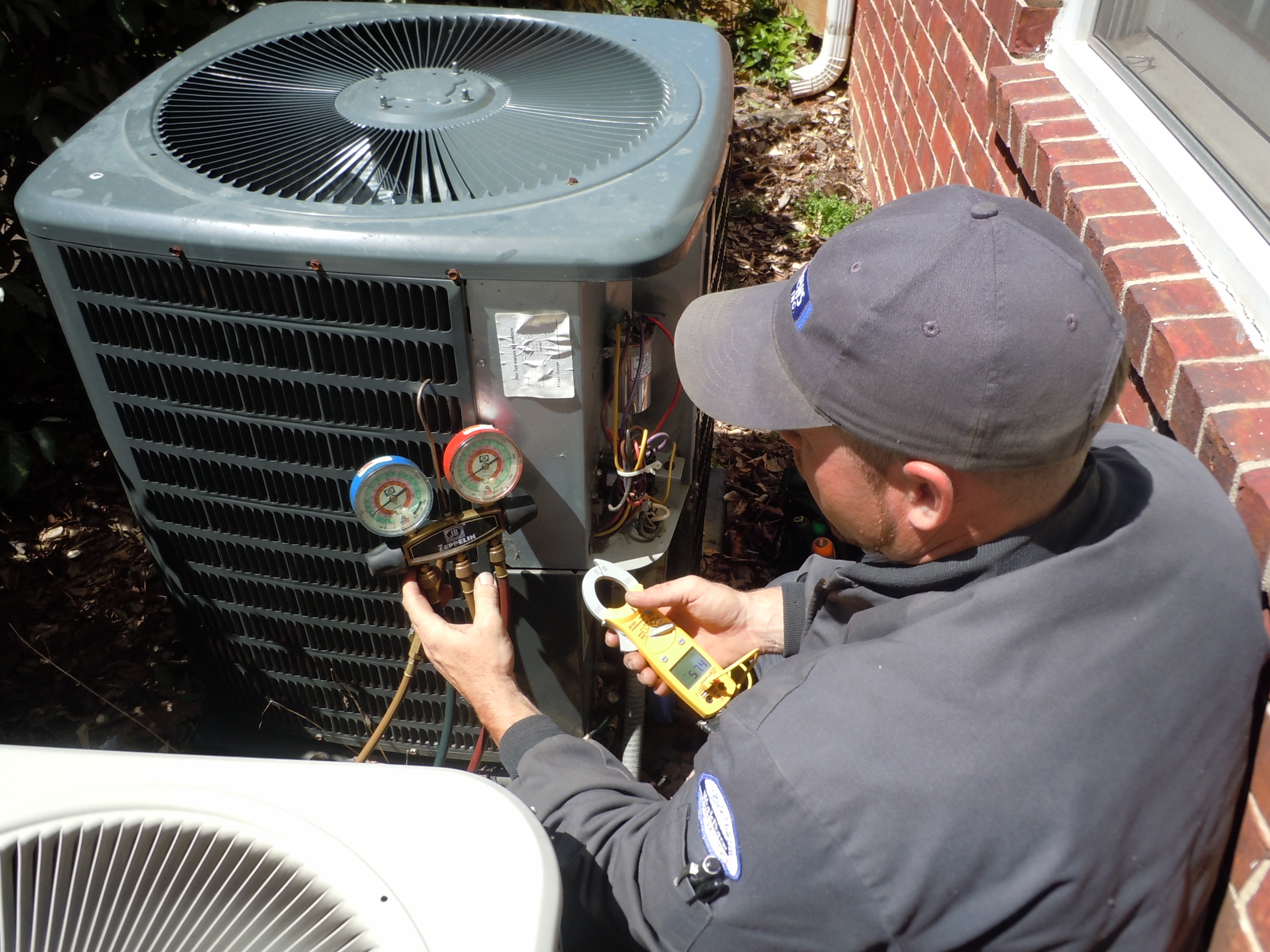As we move further into the 21st century, the value of effective thermal, ventilation, and cooling systems, or HVAC, cannot be ignored. These systems play a key role in maintaining satisfactory internal environments in both domestic and industrial settings. But with developments in technology, the HVAC landscape is changing rapidly, paving the way for intelligent, more efficient solutions. Understanding what HVAC is and how it works is essential for homeowners and businesses alike, especially as the combination of intelligent technology begins to redefine our expectations of these systems.
In this article explore the next generation HVAC technology, focusing on the developments that are transforming how we warm and cool our spaces. From intelligent thermostats that learn your habits to energy-efficient systems designed to reduce your monthly bills, the upcoming era of HVAC is not just about ease; it’s about creating a green lifestyle. We will also address frequent HVAC problems, maintenance tips, and periodic considerations to help you make educated decisions for your home or office. Come with us as we explore the world of HVAC and explore how adopting smart technology can lead to a better and pleasant future.
Comprehending HVAC Fundamentals
HVAC stands for heating, ventilation, and climate control. These systems are vital for maintaining comfortable indoor climates in both residential and business buildings. HVAC units not only regulate temperature but also ensure air quality, guaranteeing spaces are livable and favorable for occupants. Understanding the basic components of HVAC systems helps homeowners and facility managers make wise decisions about setup, maintenance, and upgrades.
At its heart, an HVAC system includes three main functions: heating, cooling, and air exchange. Warming is typically achieved through furnaces or heat pumps that heat the air during frigid months. Cooling is primarily provided by air conditioning units that decrease indoor temperatures in response to rising heat. Air exchange plays a vital role by allowing new air to circulate while removing stale air, which is important for maintaining a wholesome living environment.
A well-designed HVAC system should operate efficiently and quietly, providing consistent comfort throughout a building. Common types of systems include main air conditioning, ductless mini-splits, and geothermal systems, each with its pros and applications. Comprehending these fundamentals sets the groundwork for tackling more intricate topics, such as troubleshooting common problems and examining innovative tech advancements in HVAC.
Smart HVAC Advancements
The surge of smart tech has transformed the HVAC sector, making heating systems increasingly effective and easy to use. Advanced features such as wireless connectivity options allow homeowners to manage their HVAC systems from afar through smartphone applications, allowing real-time changes based on their wants and schedules. This connectivity not only improves ease of use but also boosts power efficiency by optimizing system usage according to occupancy trends.
Moreover, smart HVAC systems often incorporate adaptive algorithms that monitor user habits over time. These systems can automatically adjust temperatures based on when the house is occupied or empty, significantly lowering energy use during idle times. Additionally, connections with smart home devices, such as voice assistants, allows seamless control, permitting users to adjust their climate settings with easy voice commands, improving the overall ease of the living space.
Another notable innovation is the use of advanced sensors that monitor indoor air quality and humidity levels. These sensors can communicate with the HVAC system to make immediate adjustments, ensuring ideal ventilation and air purity. By measuring contaminants, allergens, and humidity, these smart systems not only provide a pleasant environment but also contribute to better health and welfare for the occupants, showcasing the multifaceted benefits of adopting smart HVAC solutions.
Maintaining Efficiency & Comfort
In order to guarantee your HVAC system functions optimally, regular maintenance is essential. This entails changing air filters, inspecting ductwork, and arranging professional tune-ups. Changing filters monthly or every few months can significantly enhance air quality and system efficiency. Neglecting filters leads to clogged systems, increasing energy consumption while compromising comfort levels in your home. https://www.berkeys.com/air-conditioning/ can detect potential issues before they escalate, ensuring the system operates efficiently throughout the year.
Alongside regular maintenance, smart technology integration can boost both efficiency and comfort. Smart thermostats, for instance, can adapt to your schedule, allowing you to set temperatures according to your daily routines. By utilizing these devices, you can avoid unnecessary heating or cooling when the house is empty, resulting in substantial energy savings. Additionally, smart sensors can detect when windows are open and modify HVAC settings to match, which helps maintain an ideal indoor environment.

Finally, ensuring proper insulation and ventilation is crucial in maximizing HVAC efficiency. Well-insulated homes maintain temperature more effectively, reducing the workload on your system. Furthermore, good ventilation is essential for sustaining indoor air quality, which is vital for comfort and health. By considering these additional factors, homeowners can create a harmonious balance between energy efficiency and comfort, resulting in a more enjoyable living environment.
